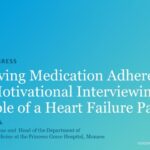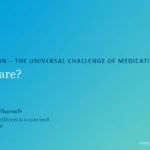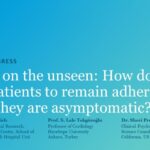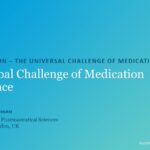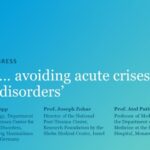The paradox of non-adherence in symptomatic disease
Though it’s easy to grasp why asymptomatic patients may be non-adherent, healthcare providers may be perplexed by non-adherence in patients who suffer from unpleasant symptoms. A 2021 study found that 45% of such patients were taking insufficient doses of their treatment despite experiencing symptoms ranging from irritating to incapacitating. “Adherence often goes unrecognized. We think our patients follow our excellent healthcare advice,” said Dr. Sheri Pruitt, adding: “Patients tend to exaggerate what they tell us. They want to please us, they want our approval, they want us to think they are doing what we asked them to do.” Improving adherence starts with healthcare providers, who can change the way they communicate with patients to include open-ended questions, empathic responses, and a promise of a provider-patient partnership. For more insights from Prof. Löhr and Dr. Pruitt, please watch the video below.
Speakers

Prof. Matthias
Löhr
Sweden

Prof. Sheri
Pruitt
United States of America


